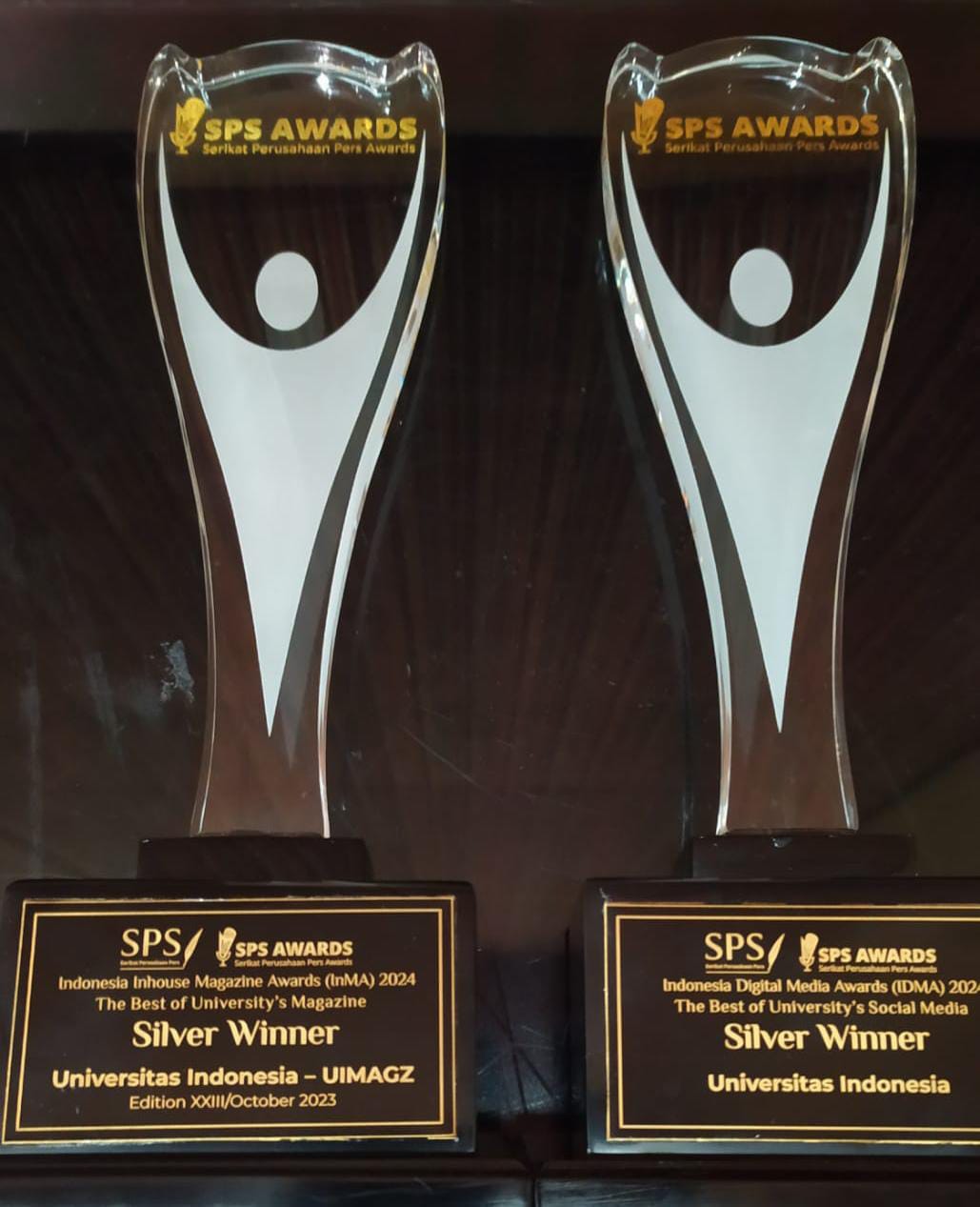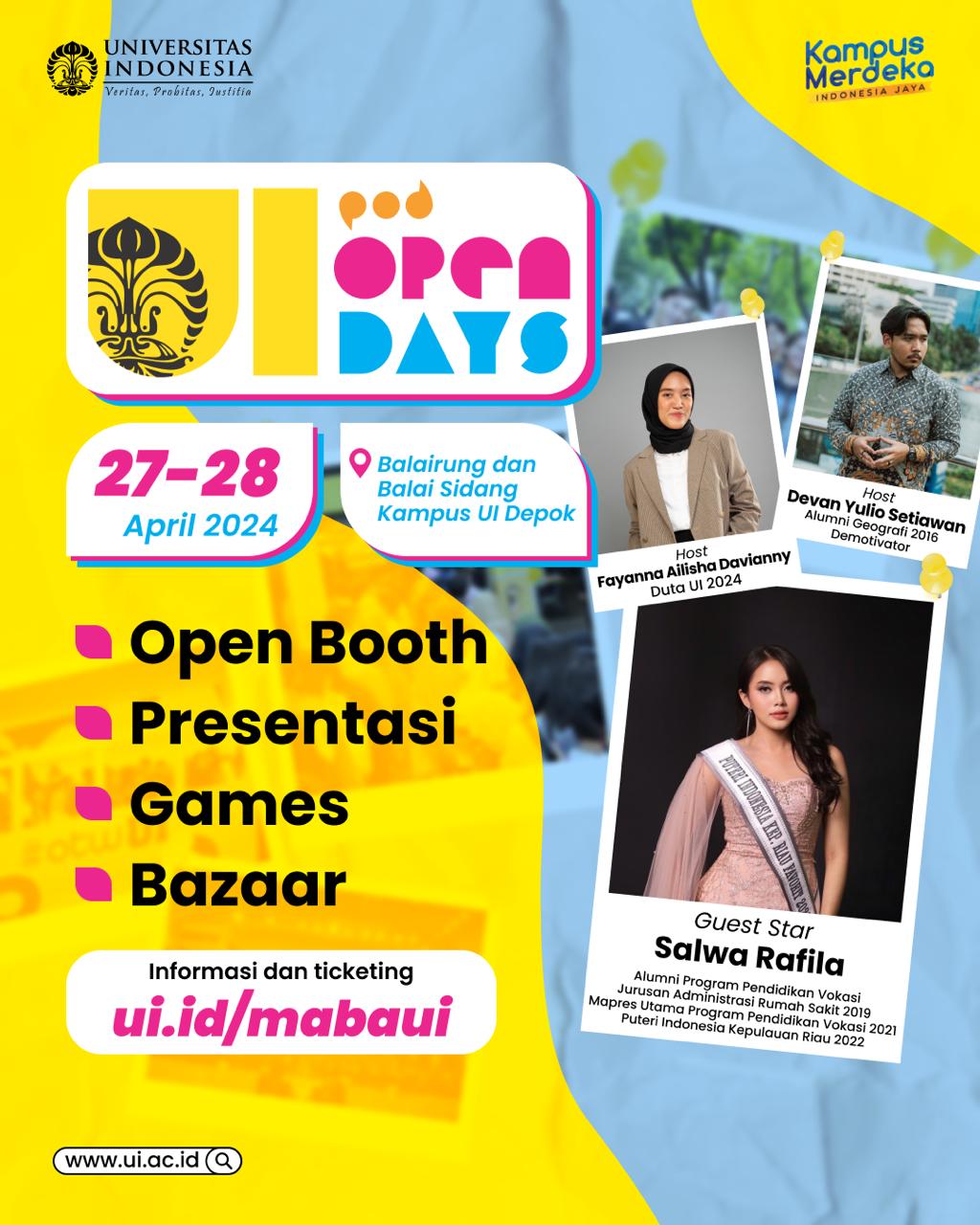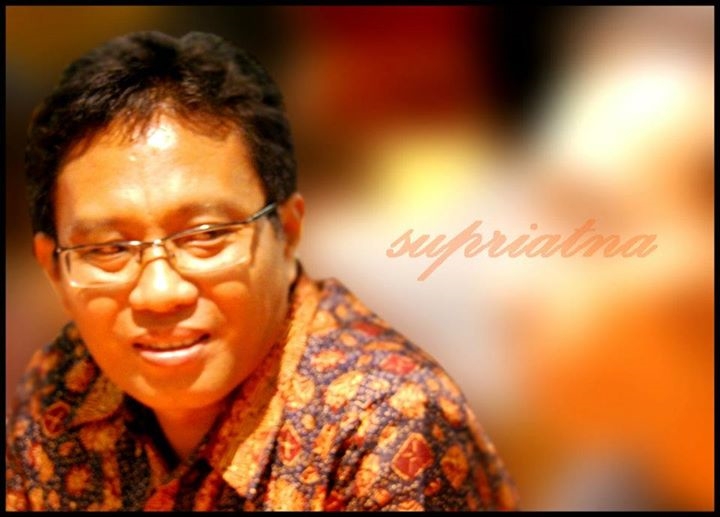Creating a clean and serving bureaucracy is necessary to accelerate regional development. A clean bureaucracy creates an ethical and transparent work environment and is an important foundation for increasing public trust. In the local government, a clean bureaucracy increases the efficiency of public services and ensures accountability for budget use.
The Policy, Governance, and Administrative Reform (PGAR) Research Cluster and the Democracy and Local Governance Research Cluster (DeLOGO) of the Faculty of Administrative Sciences of the University of Indonesia collaborated to create a clean and serving bureaucracy in the City of Tasikmalaya, West Java. PGAR and DeLOGO held community service activities in the Kawalu District Meeting Room, Tasikmalaya, and were attended by 50 subdistrict officials in Kawalu.
Prof. Dr. Teguh Kurniawan, M.Sc, Head of the Department of Public Administration Science, FIA UI, said, “The role of public administration being proactive, having a high curiosity and morals is crucial to realize good governance.” An administrator has ethics if he can carry out positive duties and not threaten the community by prioritizing the community’s interests over others.” According to him, the government must implement good ethics and integrity.
Furthermore, Dr. Muh Azis Muslim, M.Si., a lecturer at FIA UI, said collaboration is necessary for the government administration to tackle problems regarding bureaucratic reform programs. The local governments must act by mapping problems and formulating performance, perfecting the formulation of outcomes in all units in the subdistrict, and integrating planning, budgeting, and performance management applications to carry out regular performance monitoring and evaluation.
In order to create a clean and serving government, participants are provided with an understanding of how to identify problems through four stages. “There are four concepts that complement each other in assisting the decision-making and strategic planning process, such as stakeholder analysis, problem analysis, and objective analysis to provide an in-depth understanding of performance and effectiveness, as well as selecting alternatives that enable decision makers to choose the most appropriate actions to solve problems or achieve goals,” said Marcel Angwyn, MPA, a member of the UI service team.
After participants have successfully identified the problem, the next stage is to create an action plan and a timeline for the action plan, which will then become a recommendation for the Tasikmalaya Government. Expert facilitators assisted participants in making action plans using a logical framework approach. This assistance is carried out in Focus Group Discussion that consists of three groups. Each group is accompanied by Cempaka Mulia, MPA, as a lecturer at FIA UI and Tyas Wida Handoko, M.Sc., and Lintang Shafa, as FIA UI students.
Mayor of Tasikmalaya, Dr. Cheka Virgowansyah, S.STP., M.E., revealed that this community service activity positively impacts the Tasikmalaya Government to create good governance. “Through community service activities carried out by PGAR and DeLOGO FIA UI, we increasingly gain knowledge and understanding of managing good government to create a clean and serving bureaucracy,” said Dr. Cheka.
The Head of Kawalu District, Iing Sugriman, S.STP M.Sc, was also affected by the advantages of this community service. He revealed that this activity was beneficial for Kawalu District in implementing good governance methods to realize the Tasikmalaya campaign, including issues related to poverty alleviation, handling waste, stunting, and inflation. This activity, held on December 28, was also attended by members of the UI service team, Debie Puspasari, MPA, as a lecturer at FIA UI, and Novi Numayni, S.Sos., as FIA UI educational staff.
For information, DeLoGo is a research cluster for exchanging ideas, thoughts, and study results related to regional government that aims to improve the quality of regional government administration and provide recommendations for regional government policy, chaired by Prof. Dr. Irfan Ridwan Maksum, M.Si.
Meanwhile, PGAR is one of the FIA UI research clusters that focuses on scientific development, advocacy, research, and discussions on public issues at the level of New Institutionalism, Dynamic Governance, Whole of Government, Continental European Public Administration, Anglo-American Public Administration, and Non-western Public Administration chaired by Prof. Dr. Eko Prasojo, Mag.rer.publ.



